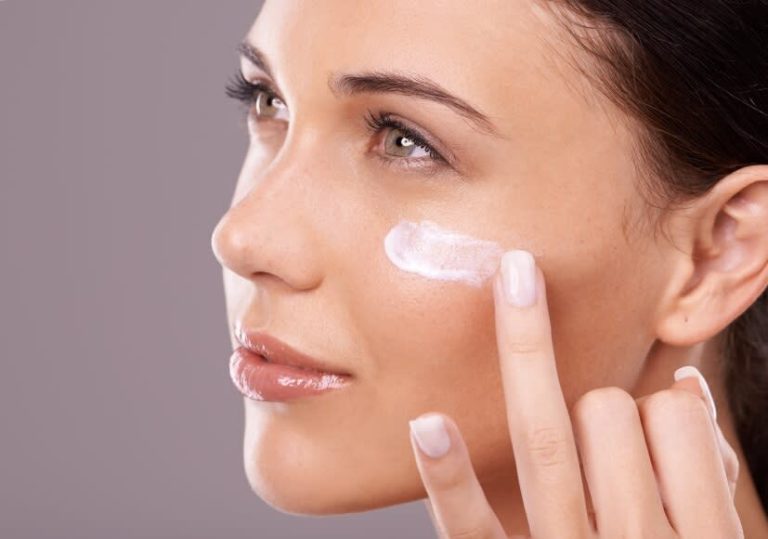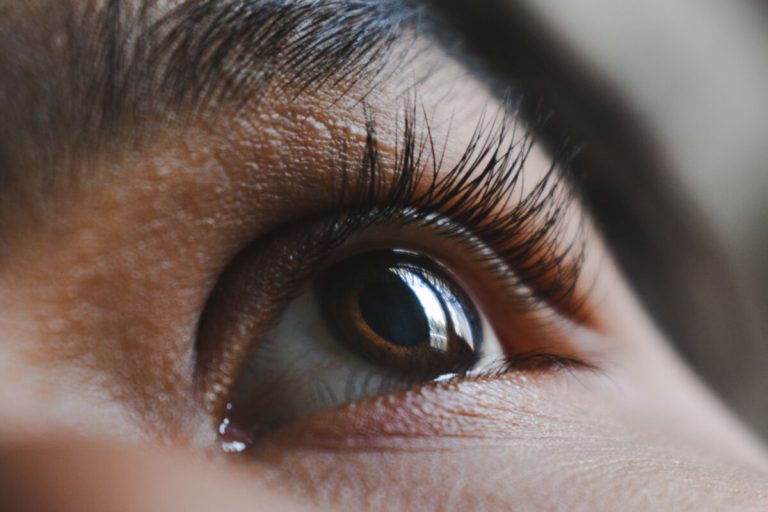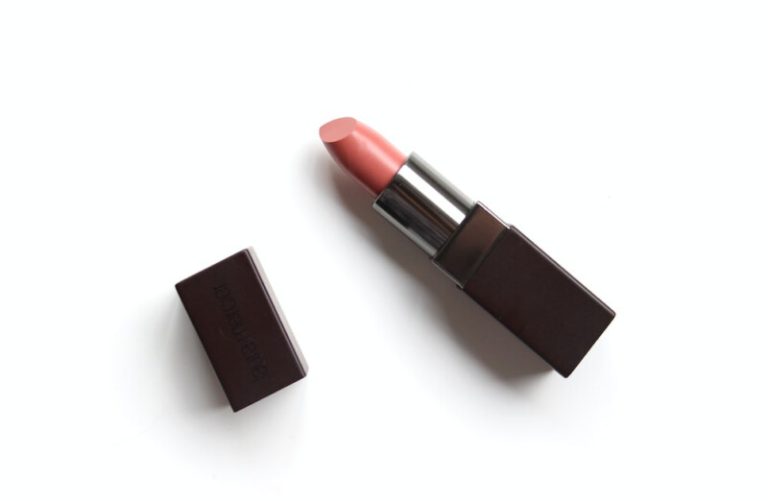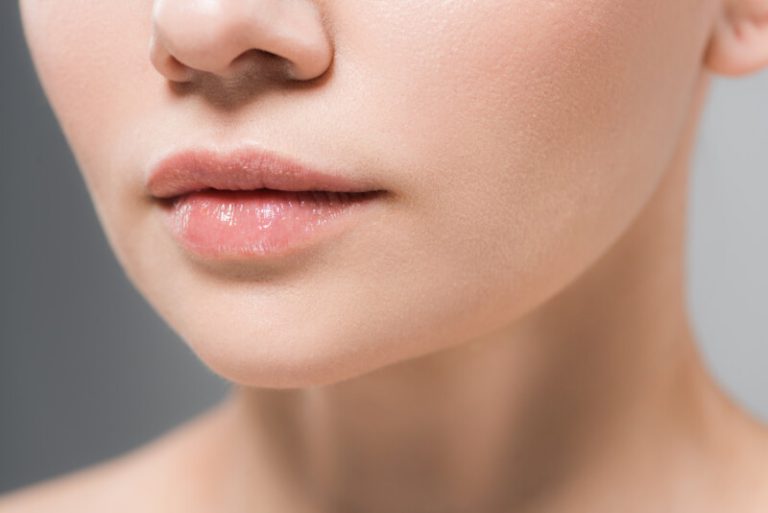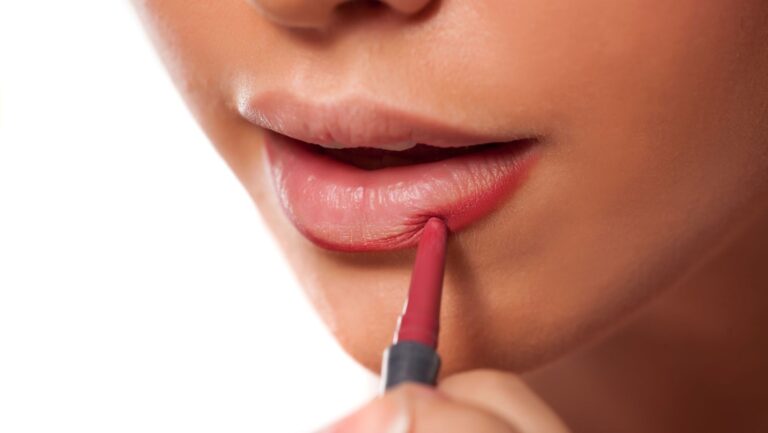Why Do My Lips Peel Everyday? How To Prevent It?
Dry, chapped lips can be a source of significant discomfort and pain. The sensation of tightness, the visible peeling, and the rawness that comes with every smile or word spoken can turn a simple daily routine into a painful ordeal. While some factors contributing to this condition, such as harsh weather conditions, are beyond our control, there are numerous products and habits that can help alleviate the discomfort and prevent the recurrence of dry and peeling lips.
Reasons for Dry and Peeling Lips
Contents
- Reasons for Dry and Peeling Lips
- Dehydration of the Body
- Impact of Weather Conditions
- Habit of Licking Your Lips
- Toothpaste Components That Lead to Dry Lips
- Breathing Through Your Mouth
- Allergic Reactions
- Effects of Medications
- Excessive Growth of Yeast in the Mouth
- Actinic Cheilitis (Solar Cheilitis)
- Lack of Essential Vitamins
- Effects of Metal Items on Lips or Mouth
- Methods to Alleviate Dry and Peeling Lips
- Prevention and Treatment Strategies for Dry Lips
- How To Choose the Right Lip Balm?
The unique structure of our lips makes them particularly susceptible to dryness and peeling. Unlike other parts of our skin, lips lack sebaceous glands, which produce oil to keep the skin moisturized. Additionally, the top layer of skin, known as the stratum corneum, is absent on the lips.
This absence leaves the lips more exposed and vulnerable to environmental factors. As a result, chapped lips are a common occurrence for many people.
Here are 11 reasons why your lips might be dry and peeling everyday:
Dehydration of the Body
Our lips don’t have oil glands, making them more prone to dryness. When our bodies are dehydrated, our lips often show the first signs. Interestingly, thirst is a late symptom of dehydration, meaning that by the time you feel thirsty, your lips may already be dry and chapped. Drinking more water can help prevent dry lips. For adult women, the recommended water intake is a minimum of 2.2 liters or 74 fluid ounces per day.
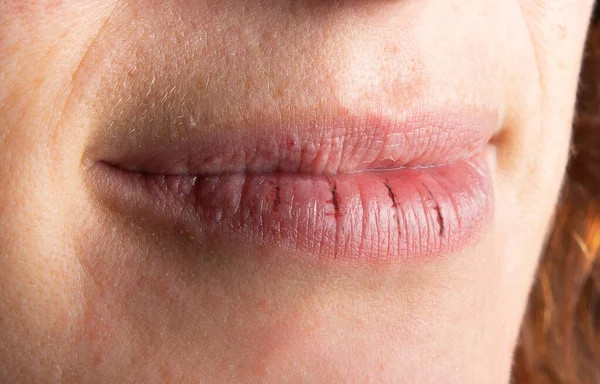
Impact of Weather Conditions
The weather plays a significant role in the condition of our lips. Hot weather increases the chance of dehydration, and exposure to sunlight can dry out lips. On the other hand, cold weather can be even harsher on lips due to the drier air. Dry air, in general, can cause dry lips, especially in areas with low humidity. Using a humidifier can help increase moisture in the air and prevent dry lips.
Habit of Licking Your Lips
While it might seem like a quick fix to moisten dry lips, licking your lips can actually exacerbate the problem. Saliva, which is designed to break down macronutrients in our food, can cause further irritation and damage to the delicate skin of the lips. To avoid the cycle of dryness and peeling, lip balm should be applied throughout the day. This provides a protective barrier and helps to keep the lips moisturized.
Toothpaste Components That Lead to Dry Lips
Certain ingredients in toothpaste can contribute to dry lips. Sodium lauryl sulfate (SLS), a common ingredient in many toothpastes, can remove oils from the skin, causing dryness. Some toothpastes also contain guaiazulene, which can cause allergies or irritation. If you suspect your toothpaste might be causing your dry lips, consider switching to a brand without these ingredients.
Breathing Through Your Mouth
Breathing through your mouth, especially during sleep or strenuous activities, can cause your lips to interact more with the air, resulting in dryness. This is because the air you exhale is warm and moist, and as it passes over your lips, it can evaporate the moisture on your lips’ surface. To prevent this, consider using a scarf or a mask to cover your mouth in dry or windy conditions, which can prevent dry wind from entering the mouth and causing further dryness.
Allergic Reactions
Allergies can also be a culprit behind dry, chapped lips. Allergic reactions to substances like cobalt, nickel, certain skincare products, or even certain foods can cause dry lips. In particular, cinnamic acid and cinnamate ingredients, which are often used in perfumes and sweets, can cause dry lips. If you suspect an allergy might be causing your dry lips, it’s important to identify and avoid the allergen.
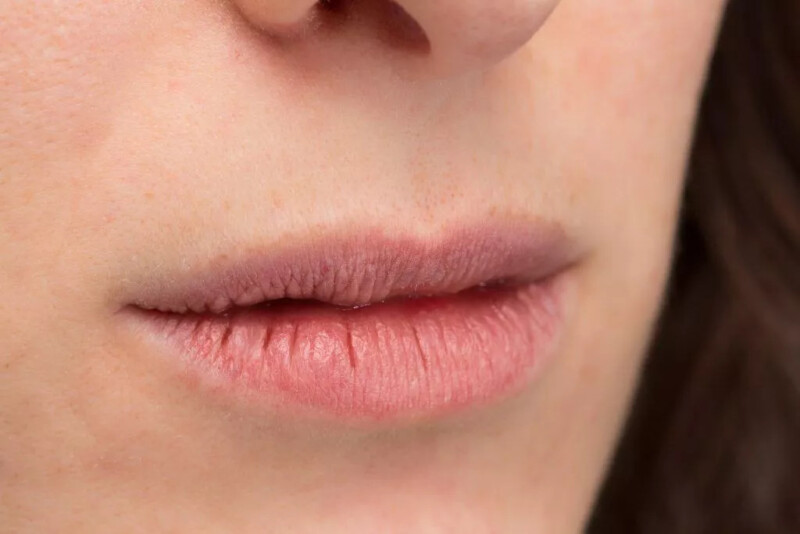
Effects of Medications
Certain medications can cause dry lips as a side effect. This includes a wide range of drugs such as acne medication, chemotherapy medication, antidepressants, antibiotics, allergy meds, and pain meds. If you’re experiencing dry lips and are on any of these medications, it’s worth discussing with your healthcare provider to see if there are alternatives or additional treatments to manage this side effect.
Excessive Growth of Yeast in the Mouth
Yeast overgrowth in the mouth, also known as oral thrush, can lead to dry lips. Conditions like a weak immune system, salivary gland dysfunction, and wearing dentures can contribute to a yeast infection in the mouth. If you suspect this might be the cause of your dry lips, it’s important to seek medical advice for appropriate treatment.
Actinic Cheilitis (Solar Cheilitis)
Heavy sunlight exposure can cause a condition known as actinic cheilitis, or solar cheilitis. This is a type of lip inflammation that can lead to dry, chapped lips. Protecting your lips from excessive sun exposure by using a lip balm with SPF can help prevent this condition.
Lack of Essential Vitamins
A deficiency in certain vitamins, particularly vitamin B12, can cause dry lips. This is because these vitamins play a crucial role in skin health and hydration. Consuming foods rich in necessary vitamins or taking supplements can help prevent dry lips. If you suspect a vitamin deficiency might be causing your dry lips, it’s worth discussing with a healthcare provider to determine the best course of action.
Effects of Metal Items on Lips or Mouth
Frequently putting metal items on your lips or in your mouth can irritate the lips, causing dryness. This includes items like jewelry, paperclips, dental implants, or braces. If you have a habit of doing this, try to be mindful and reduce the frequency to help prevent dry lips.
Methods to Alleviate Dry and Peeling Lips
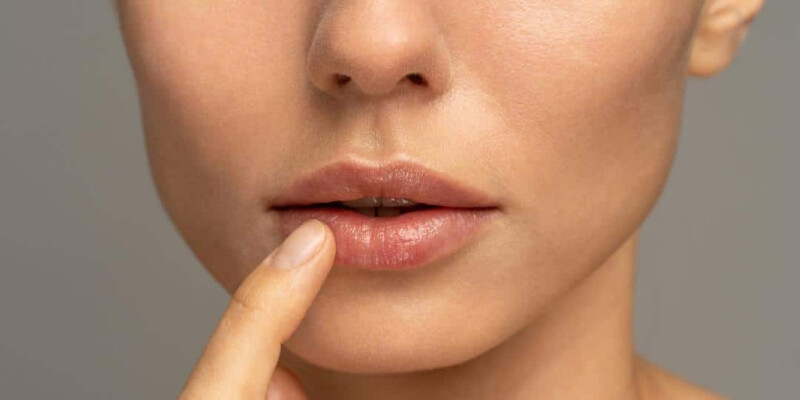
Dry, chapped lips can be a source of discomfort, but there are several ways to diminish this condition and promote healthier lips. Regularly applying a lip scrub can help exfoliate the lips, removing dead skin cells and introducing healthier skin. Using a good lip balm can also help moisturize the lips and prevent peeling.
Certain ingredients in lip balms are particularly beneficial for lip health. These include castor seed oil, petroleum jelly, shea & cocoa butter, titanium oxide, and zinc oxide. These ingredients provide a protective barrier, lock in moisture, and offer sun protection.
In addition to these measures, avoiding certain foods can also help prevent further dryness and peeling. Particularly, very acidic, salty, or spicy foods can irritate the lips and exacerbate dryness.
Prevention and Treatment Strategies for Dry Lips
Dry lips can be a common issue, but with the right preventive and remedial measures, it can be managed effectively. Here are some tips and proactive measures to help you maintain healthy, hydrated lips.
Tips for Prevention:
1. Maintain Hydration by Drinking Water: Hydration is key to preventing dry lips. Drinking plenty of water helps maintain the body’s moisture levels, including that of your lips.
2. Protect Lips in Hot Weather with Lip Balm or Water-Based Lip Moisturizer: Hot weather can dry out your lips. Using a lip balm or a water-based lip moisturizer can provide a protective barrier against the heat.
3. Address Dry Air with a Humidifier: Dry air, especially during winter, can cause your lips to become dry. A humidifier can help maintain moisture in the air, benefiting your lips.
4. Avoid Lip Licking and Apply Lip Balm Instead: Lip licking can cause your lips to dry out. Instead, apply a lip balm to keep them moisturized.
5. Be Cautious of Toothpaste Ingredients: Some toothpaste ingredients can cause dry lips. If you suspect your toothpaste is causing dryness, consider switching to a different brand.
6. Find Alternative Solutions for Mouth Breathing: Mouth breathing can dry out your lips. If you’re a mouth breather, consider seeking advice on alternative breathing techniques.
7. Identify and Avoid Allergens: Allergens can cause a reaction that includes dry lips. If you notice a pattern, try to identify and avoid these allergens.
8. Consult with a Healthcare Professional Regarding Medication Side Effects: Some medications can cause dry lips as a side effect. If you suspect this is the case, consult with a healthcare professional.
9. Manage Yeast Infections in the Mouth: Yeast infections in the mouth can cause dry lips. If you have a yeast infection, seek treatment to manage this condition.
10. Protect Lips from Excessive Sunlight Exposure: Excessive sunlight can cause your lips to dry out. Use a lip balm with SPF to protect your lips.
11. Address Vitamin Deficiencies Through Supplements or Nutrient-Rich Foods: Vitamin deficiencies can cause dry lips. Address these deficiencies by taking supplements or eating nutrient-rich foods.
How To Choose the Right Lip Balm?
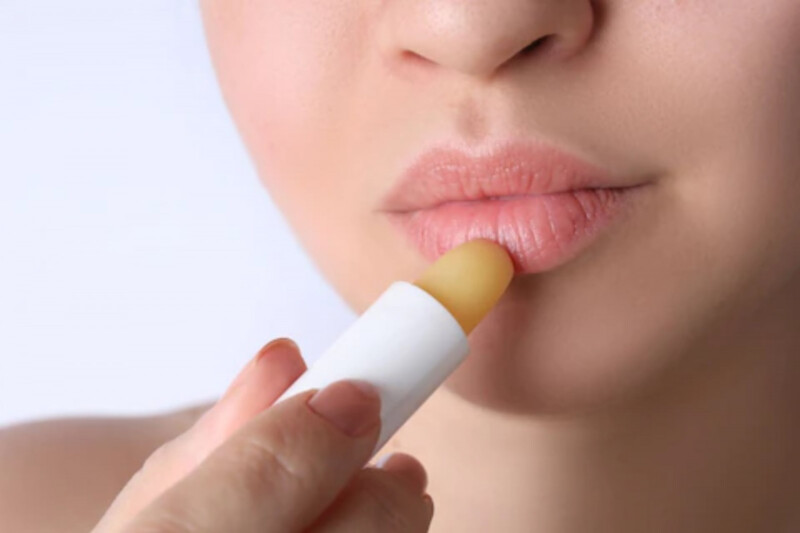
Choosing the right lip balm is a crucial step in maintaining healthy, hydrated lips. The market is flooded with a variety of lip balms, each claiming to be the best. However, not all lip balms are created equal. The effectiveness of a lip balm largely depends on its ingredients.
Recommended Ingredients for Effective Lip Balms:
1. Castor Seed Oil: This natural oil is a common ingredient in lip balms due to its excellent moisturizing properties. It helps to lock in moisture and prevent dryness, making it a great choice for those with chapped lips.
2. Petroleum Jelly or Petrolatum: This is a staple ingredient in many lip balms. It forms a protective barrier on the lips, preventing moisture loss and helping to heal dry, chapped lips.
3. Shea and Cocoa Butter: These natural butters are rich in fatty acids and antioxidants, which nourish and protect the lips. They also provide a smooth, creamy texture to lip balms.
4. Titanium Oxide and Zinc Oxide for Sun Protection: These ingredients are used in lip balms to provide SPF protection. They help to shield the lips from harmful UV rays, preventing sunburn and long-term damage.
5. Other Beneficial Moisturizing Ingredients: Other ingredients like hemp seed oil and coconut oil are also beneficial for the lips. They provide additional moisture and have anti-inflammatory properties that can soothe irritated lips.
Ingredients to Avoid in Lip Balms:
1. Lanolin: While lanolin is a natural ingredient that can provide moisture, it can also cause allergic reactions and inflammation in some people. If you have sensitive skin, it’s best to avoid lip balms containing lanolin.
2. Flavorings: Flavorings can make a lip balm more appealing, but they can also irritate dry and peeling lips. If your lips are already chapped, it’s best to avoid flavored lip balms.
3. Salicylic Acid: This ingredient is often used in skincare products to exfoliate and clear pores. However, it can be too harsh for the delicate skin on the lips and can worsen dryness and peeling.

Founded by Sophia Rodriguez, IGXO Cosmetics is a PETA-certified, cruelty-free, and vegan makeup brand.
